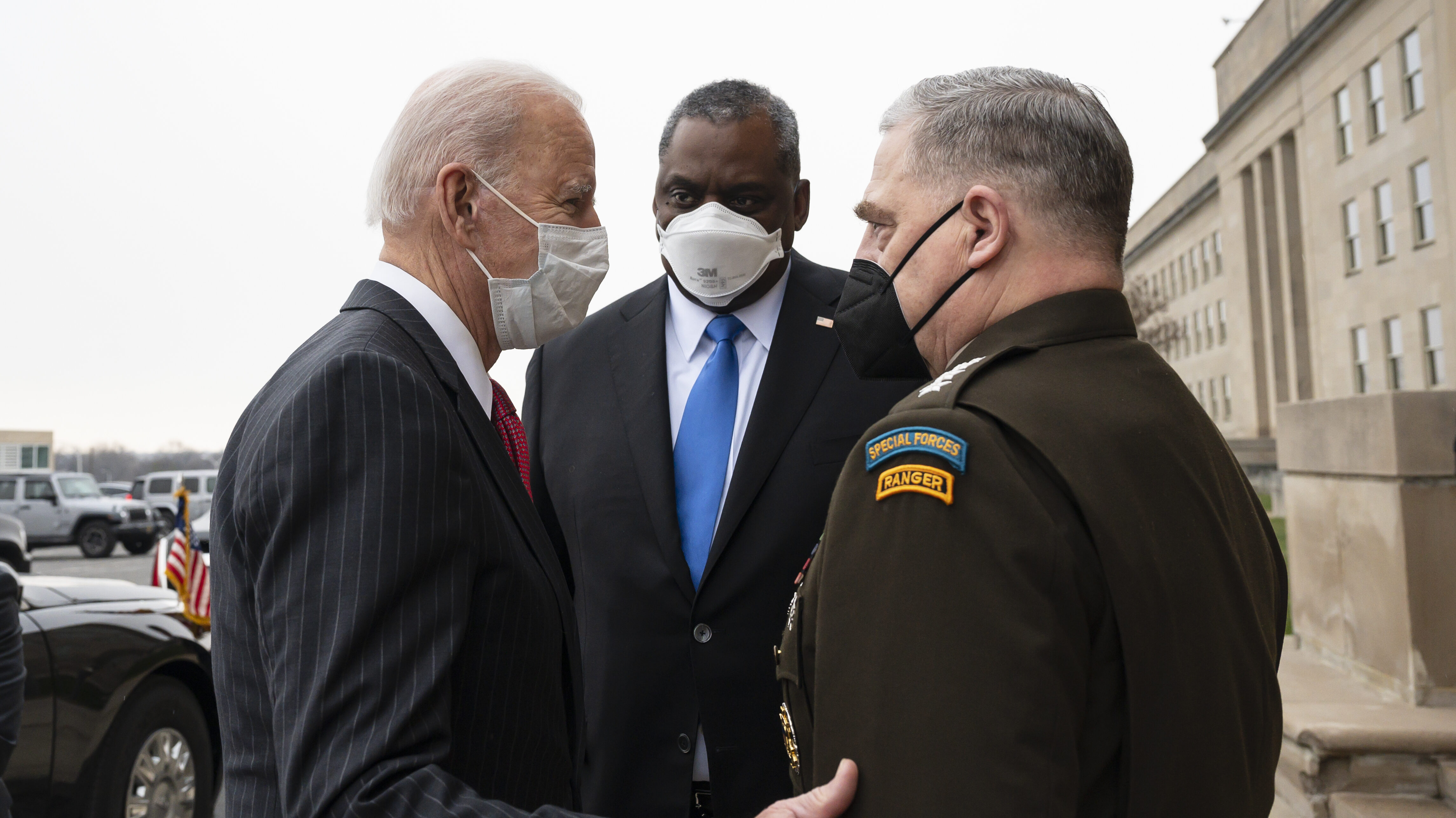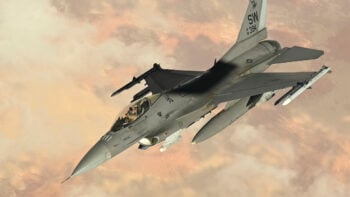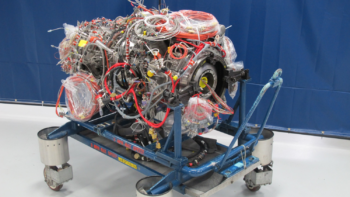
President Joe Biden (left) talks with Defense Secretary Lloyd Austin (center) and Chairman of the Joint Chiefs of Staff Army Gen. Mark Milley (right)r
WASHINGTON: Amid sharp questioning from Republican senators over whether the Pentagon had properly factored in rising inflation for its $773 billion fiscal 2023 budget request, top Defense Department leaders maintained that the money would be enough for its modernization programs and to counter rivals like Russia and China.
“This is a robust budget and I think it allows us to get the capabilities that we need to support our operational concepts,” Defense Secretary Lloyd Austin said, testifying before the Senate Armed Services Committee today alongside Chairman of the Joint Chiefs of Staff Gen. Mark Milley and DoD Comptroller Michael McCord.
During the hearing, Sen. Jim Inhofe, R-Okla., said inflation in the realm of 7% or 8% would mean significantly less buying power for the three-quarters of a trillion dollars planned, and he, among others, urged the Biden administration to increase defense spending to keep up. In a letter to Austin, Inhofe and Rep. Mike Rogers, the ranking member of the House Armed Services Committee, said the Pentagon had inaccurately predicted a roughly 2% inflation rate.
“This historic inflation… I call it the new sequestration,” Inhofe said at the hearing. “For me, this isn’t just about how much money we spend on defense, this is about how we spend the money. And we need a higher top line because what’s in this budget right now is not nearly enough to make up for lost time.”
Sen. Dan Sullivan, R-Alaska, noted that the budget included reductions for the naval fleet and the Air Force aircraft fleet.
RELATED: Pentagon’s Historic $773B Budget Request Doesn’t Account For Russian Invasion of Ukraine
“When you look at shrinking the Navy, shrinking the Air Force, there’s no doubt in my mind that that gives our enemies comfort and I think that doesn’t align with your statements about the severity of the national security challenges we face right now,” Sullivan told Austin.
McCord, however, took issue with the senators’ calculations, saying that consumer inflation rates did not necessarily apply to much of what the military buys, and that the actual inflation the Pentagon is dealing with is more along the lines of 4%.
More broadly, Milley maintained that the budget request was sufficient enough to support the Pentagon’s modernization priorities.
The Pentagon requested $130.1 billion in research, development, test and evaluation funding for FY23, its largest RDT&E request. The funding, which would increase investments in tech and artificial intelligence to outpace DoD’s adversaries, represents a 9.5% increase over last year’s levels.
RELATED: Pentagon’s Largest Ever RDT&E Budget Request Reflects AI Prioritization
DoD also requested $11.2 billion, an $800 million increase over last years request, for several cyber-focused efforts, including hardening its own networks and operationalizing zero trust architecture.
“We have to focus on the future. This budget does that,” Milley said. “We have to focus on modernization. This budget does that. We put more money in research and development intentionally in this budget than has ever been done in any defense budget. And we have to focus on the pacing threat of China with the acute threat, as we call it, of Russia. Very significant.
“There are areas of risk and we recognize those areas of risk,” he said. “But I do think that this budget will allow us to move forward and take the next steps towards protecting the United States.”
Austin called China a “now and forever problem” that will evolve over time and said DoD is investing in technological, cyberspace, underwater and space-based capabilities that will be relevant down the road.






















